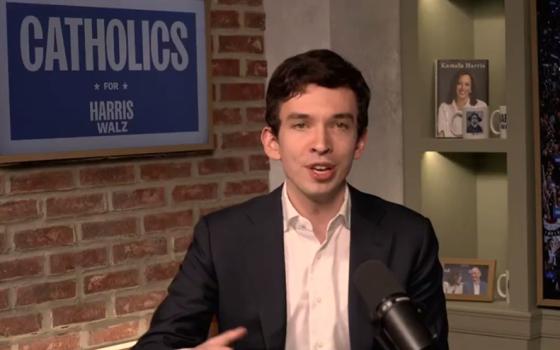When I first heard about the recent uprising in Egypt like many others I asked simply: “Why?”
Why did these young people take to the streets of Cairo and other cities in Egypt in such overwhelming numbers and demand the ouster of their president?
Analysts answered by citing the long and repressive dictatorship in Egypt, the suppression of free speech and assembly, the inability to form political parties, and rigged elections.
But they also cited a growing and obvious “wealth gap” in Egyptian society. About 20 percent of the population lives below the poverty line, and 20 percent more are very close to it. There are thousands of Egyptians who live -- literally -- in what are called “garbage cities” in Cairo. They make what living they can by recycling, or eating, garbage.
And then there are the rich, the ostentatiously rich. They have built mega-mansions in Cairo’s wealthy suburbs, a constant reminder of gross inequality.
Then, I began to think about the United States. Many economists have pointed to a widening wealth gap and income gap right here. According to a recent study by the Internal Revenue Service, the income gap has nearly doubled in 25 years.
Since 1980, the incomes of 90 percent of Americans dropped nearly 1 percent, while the incomes of the wealthiest grew 14 percent. And here, as in Egypt, mega-mansions dot our suburbs, and lavish bonuses on Wall Street reinforce feelings of inequality.
Wealth gaps are not only destabilizing, there is something profoundly irreligious about them -- especially in societies where most people embrace one of the Abrahamic faiths: Judaism, Christianity or Islam. All three religions, in their core teachings, give strong emphasis to social justice. That’s the idea of fair distribution of goods in a society, a sense of social responsibility, an obligation to share with the poor and the downtrodden.
The great prophets of the Jewish tradition -- Isaiah, Jeremiah, Amos -- preached these values. Jews often summarize them in the phrase “tikkun olam,” or “repair of the world.”
The Prophet Amos was often quoted by leaders like Martin Luther King: “…let justice flow like a river and righteousness like an ever-flowing stream.”
In Christianity, Jesus named justice as central to his mission. Quoting the prophet Isaiah, he described his mission as “bringing good news to the poor.” He later said, "Amen, I say to you, whatever you did for one of the least of these, you did it for me."
In Islam, although Americans don’t hear about it often, the tradition of social justice is central. One of the five pillars of Islam is a practice of sharing called the Zakat. This is not optional charitable giving, but an obligatory payment made annually under Islamic law to be used for charitable and religious purposes.
I began wondering why there is such inequality and injustice in nations where Judaism, Christianity and Islam are the major faith traditions. How often, I wonder, is the justice message preached? Are there too few prophets today willing to challenge the wealthy and powerful?
Jeremiah, Isaiah, Jesus and Mohammed would not have hesitated to denounce injustice today.
Perhaps the young people of Egypt are today’s prophets, preaching the justice to the world from the heart of the Abrahamic traditions.
The above is the text of a commentary to be aired on Interfaith Voices this week.




